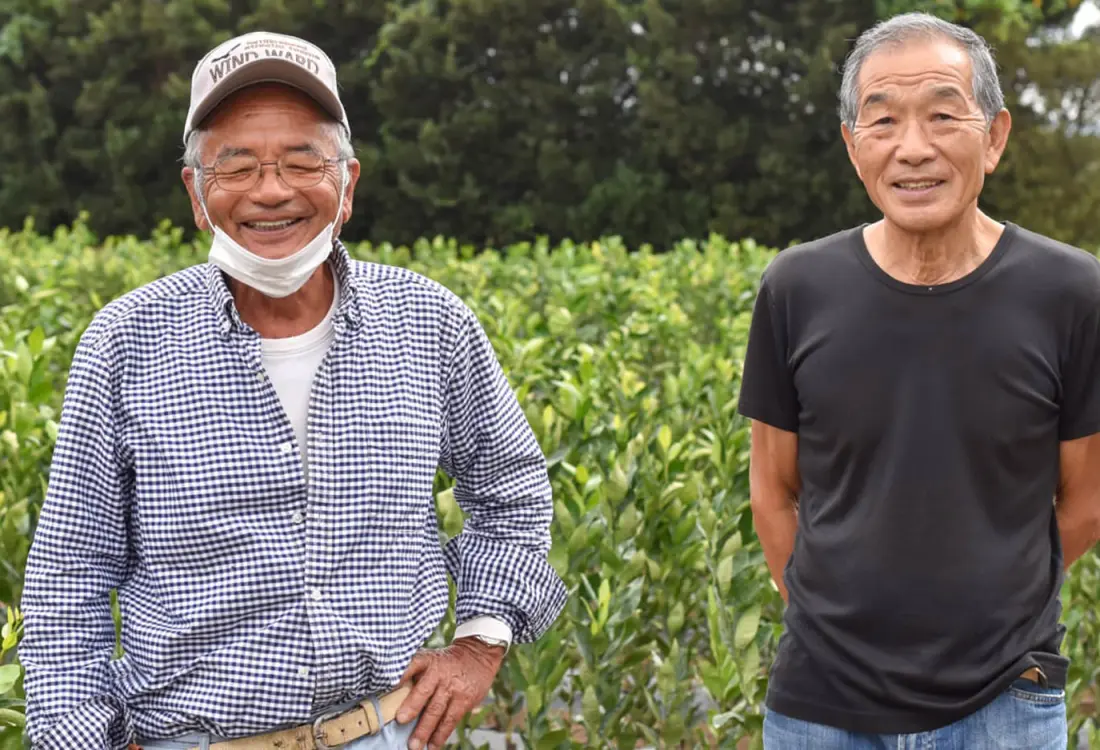
Meet the Locals at a Japan Farm Stay at Kagoshima
Kagoshima Prefecture
While you can travel Japan from top to bottom, seeing the sights and enjoying the food, festivities, and friendly faces, you haven't truly experienced the culture until you've lived like a local.
As a travel writer, having lived and traveled through Japan for the past three years, I can confidently say that I've experienced plenty. Still, I return to a hotel by myself or head back to my apartment in Tokyo, having seen a lot but not necessarily understood just what daily life is like for the majority of Japanese people. That's why Izumi's Farm Stay program is an excellent deep dive into the real landscape of Japan.
Izumi is a cozy rural town in Kagoshima, on Kyushu's southwest coast. It’s home to about 50,000 residents, as well as tens of thousands of cranes who migrate here every year to escape the frosty Siberian winters. When the cranes are in town, Izumi comes to life with festivals, tourists, and other celebrations to welcome these majestic creatures.

But the rest of the year, Izumi is a smiling sleepy town—offering the perfect chance to experience a lesser-known side of Japan in southern Kyushu, outside the neon lights of the big cities. Izumi has curated an intimate Farm Stay program to introduce the town’s understated beauty and regional lifestyles to slow travelers like us.
"The Farm Stay program started 12 years ago as a school program," says Maeda-san from Izumi's tourism organization, after picking me up from the Izumi bus stop. "It's only in recent years that it has opened to international guests too." So far, it has been a success. "Currently, we have about 10 farmer families working in the program, and in 2019 we welcomed around 450 guests from overseas.”
For my own visit to Izumi, I had the pleasure of staying with Osako-san, a grandfather and long-term resident of Kagoshima, as well as the proud owner of several accommodation facilities for which he has big plans in the near future. Osako-san used to work at an automobile company in Kagoshima but moved to Izumi for retirement. Since then, he has fully embraced his role as a one-stop shop for Izumi tourism.

We traveled through rolling green pastures in a sweeping coastal landscape to Osako-san’s Warabi no Oka (わらびの丘). This house on “Bracken Hill” is a particularly welcoming space, with a cafe on the ground floor and guest rooms upstairs. Osako-san is also in the process of building campsites for visitors looking for a place to pitch a tent or park their camping car. We chatted over sweets and coffee, as I marveled at the panoramic view of vast green fields butting against a sapphire blue ocean.
My bed for the night was back in town, at Osako-san’s other accommodation, Tsuki no Usagi (月のうさぎ). The “Moon Rabbit” is a quaint guest house located on the same property as Osako-san’s home. As a safety precaution against any risk of Covid infection, I stayed in the guest house, which is completely separate from Osako-san’s main home. This arrangement gave us both peace of mind during my visit.

The entire property is modern and comfortable, but retains its traditional Japanese charm, like many places in the Izumi Farm Stay program. One novel experience for me was the very relaxing sensation of soaking in a goemonburo—a traditional Japanese bath with a floating wooden lid, just big enough for one and heated directly from beneath by a fire pit on the outside of the building.

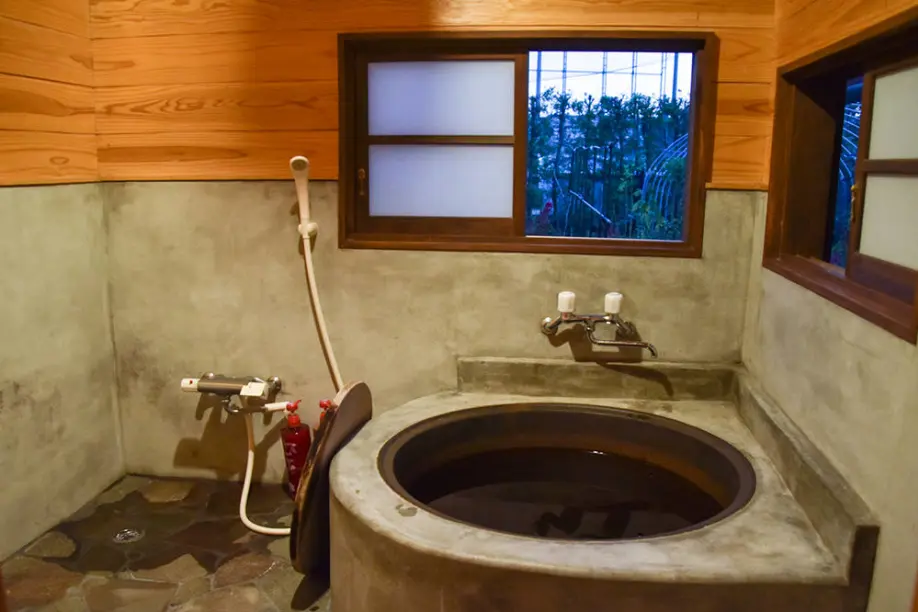
By the time I emerged, refreshed from my hot bath, Osako-san was busy cooking dinner over the irori, an old-fashioned hearth stove. True to tradition, the centerpiece of our meal was nabe hot pot. Inside the hot pot, Osako-san prepared succulent pieces of chicken – for which the area is famous – and freshly caught fish as well as crisp seasonal vegetables like carrots, mushrooms and hakusai (Chinese cabbage).
Over dinner, we talked about how Osako-san first became involved with the program. "My relatives suggested that I start hosting,” he explained. But the school aspect of the program was what really convinced him. While Osako-san is happy to host foreign guests, his priority is to educate students. "I believe that family is important, and participating in this program is like passing on family knowledge to the next generation." Osako-san, who has four adult children of his own with many more grandchildren, finds inspiration in children's youthful energy. "I want to share many of my experiences with kids.”


The following morning, we stopped at Osako-san’s grandchildren’s house to pick up a face mask on the way to the orchard. Greeted by two sleepy girls, he playfully tried to persuade them to join us on this fruit-picking adventure. Despite his light-hearted yet persistent prodding, the girls weren’t ready to seize the day, still shaking off the morning grumps.
“They haven’t had breakfast yet,” their mother explained as the reason for their lack of enthusiasm. While it may just have been a regular everyday occurrence, it’s moments like these that make the Farm Stay such a valuable experience for outsiders. Most of us wouldn’t otherwise be privy to such a precious snippet of intimate family lives.
Picking mikan (a type of Japanese orange citrus) was the final activity of my Izumi Farm Stay. Osako-san and I drove to Takegi-san’s farm, Karatachi-no-Yado, another host in the program. Armed with clippers, we set off to roam freely through the farm’s mikan-covered hills to pick as much as we could carry in our two buckets.

The orchard has been bearing fruit for about 30 years, and that day the branches were heavy with ripe orange treats. Today Takegi-san uses most of his land to grow saplings, smaller trees for farmers and hobbyists to buy and start growing their own fruits. Once we filled our buckets, it was off to Takegi-san’s other property for some tea and sweets.

Chatting leisurely with Takegi-san and Osako-san revealed their more personal feelings about the vitality of these Farm Stay programs. As the population ages and more people move to major cities, this laid-back country life is often left behind. But the locals who remain here are proud of their region’s natural beauty, proud of the outputs from their hard work, and proud to offer an exceptional level of one-on-one hospitality.
As more and more travelers become interested in the trend towards sustainable travel, a farm stay offers plenty of opportunities. Not only does it help reinvigorate the local economy and small-run producers, like farmers who rely on the health of the land, but it also provides a chance to wind down and embrace the slow travel lifestyle. Joining a farm-stay program, you can live like a local, appreciate the landscape that offers so much and see Japan from a whole new perspective. If you’re looking for a true rural experience with an original perspective on lesser-known Japan, Izumi welcomes you with open arms.


Lucy Dayman
Hi, I'm a Tokyo-based, Australian-born travel writer and co-founder of Tokyo communications agency Y+L Projects. I moved to Japan in 2016 for what I thought would be a one year break and I never left! I've written about Japan for Monocle, BBC, South China Morning Post Random House. When I'm not working, I love discovering quaint Tokyo neighbourhoods and taking film photos (with admittedly mixed results).
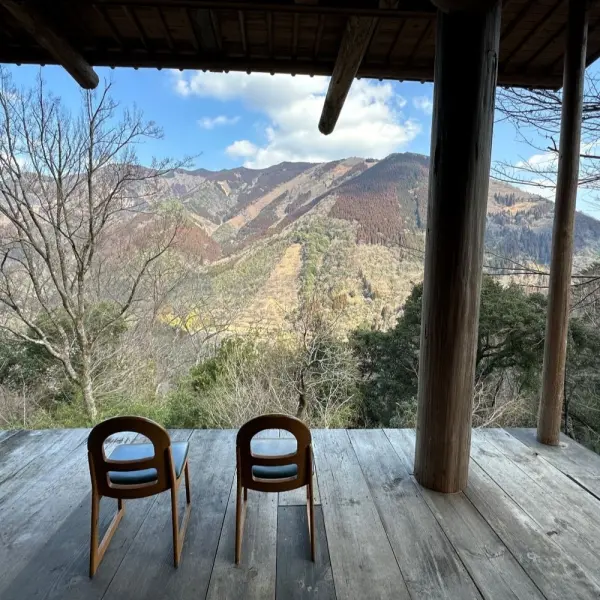 Traditional Life in Shiiba Village, Kyushu’s Secret Hideaway
Traditional Life in Shiiba Village, Kyushu’s Secret Hideaway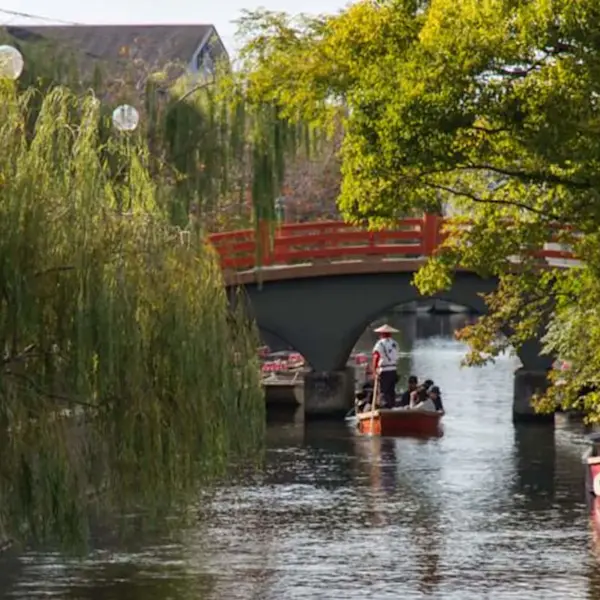 Follow the Canals: The Humble Beauty of Yanagawa
Follow the Canals: The Humble Beauty of Yanagawa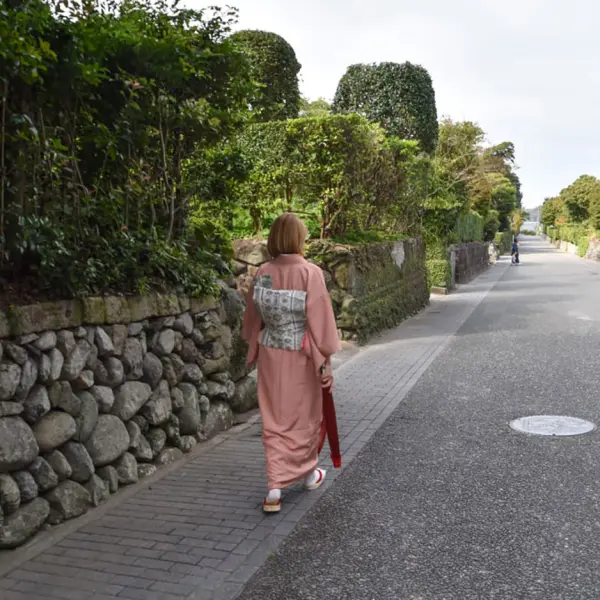 Visit one of Japan's largest samurai residences in Izumi
Visit one of Japan's largest samurai residences in Izumi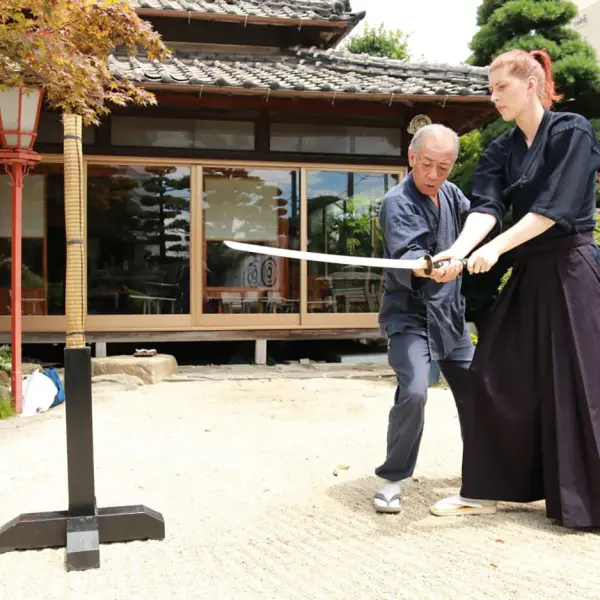 Katana Training & Omuta Exploration
Katana Training & Omuta Exploration 99 Islands and a Mouthful of History in Sasebo
99 Islands and a Mouthful of History in Sasebo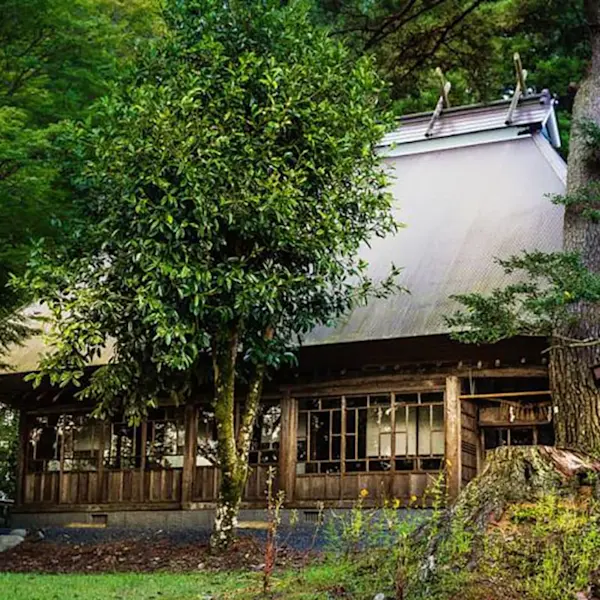 Takachiho: Explorations of a mystical land
Takachiho: Explorations of a mystical land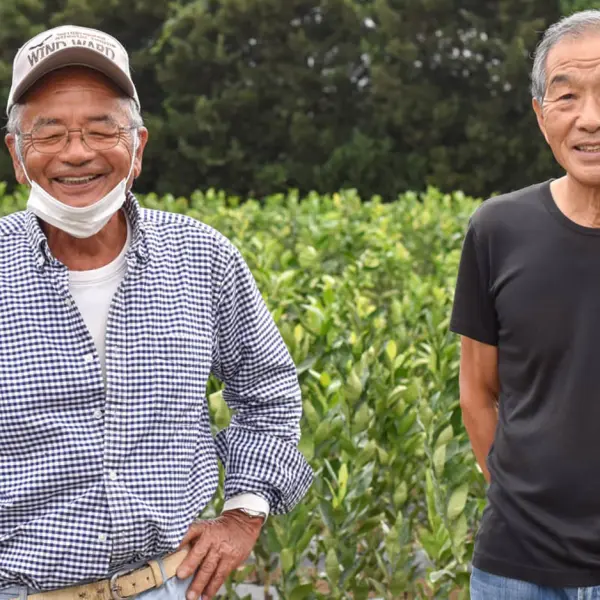 Meet the Locals at a Japan Farm Stay at Kagoshima
Meet the Locals at a Japan Farm Stay at Kagoshima Amami Oshima: Gorgeous island steeped in history
Amami Oshima: Gorgeous island steeped in history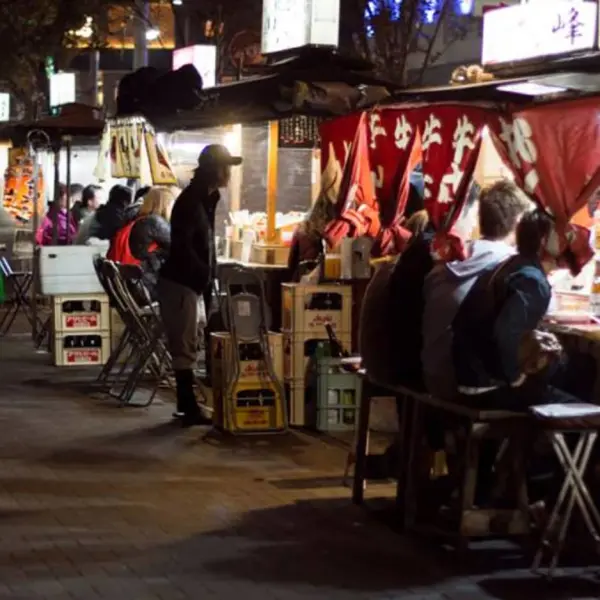 Yatai in Fukuoka: Sitting at the Counter with History
Yatai in Fukuoka: Sitting at the Counter with History Yakushima: Feeling the Island
Yakushima: Feeling the Island




